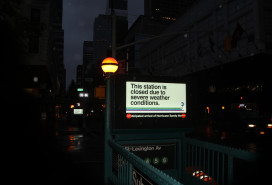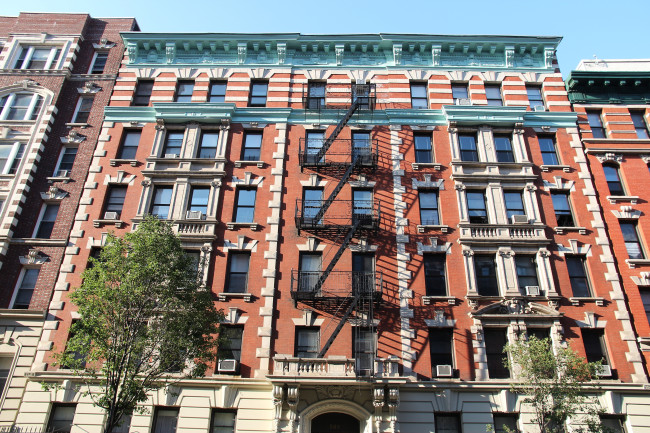My big apartment building doesn't have its own super. Is this legal? What can I do?
My 61-unit rental building was recently bought by an LLC. They forced out our super, and instead gave us a name and number for someone who is managing multiple buildings all over the city, and all requests for repairs have to go through a central email. Isn't there a law that a building this size must have a live-in super? What recourse do the tenants have?
There are laws covering superintendent service in large residential buildings, and, according to our experts, it sounds like your management company is in violation of them.
Under Section 27-2053 of the city's housing maintenance code, owners of buildings with nine or more apartments are required to provide janitorial services, either themselves or by hiring a janitor, and janitorial services must be available 24 hours a day.
"An owner who resides in the building can personally provide the services and avoid the need to hire a live-in employee," says lawyer Jeffrey Reich, a partner at Schwartz Sladkus Reich Greenberg Atlas LLP.
There are additional guarantees under Section 83 of the New York state Multiple Dwelling Law.
"Whenever there are 13 or more units in a multiple dwelling building where the owner doesn't reside, a janitor must reside in the dwelling or within 200 feet of the dwelling," says Sam Himmelstein, a lawyer who represents residential and commercial tenants and tenant associations (and FYI, a Brick sponsor).
Your building's new management seems to be in violation of both these laws. To address the issue, your first step might be to contact 311.
"They would place a violation on the building for that," Himmelstein says. "The tenant could also bring an HP proceeding [which forces landlords to correct violations], and the court could order the landlord to comply."
You and your fellow tenants could also opt to withhold your rent to force your landlord to comply with the law, but this comes with some risks.
"Some tenants may decide to withhold their rent due to the lack of service, but this can be a dangerous path to pursue and could ultimately jeopardize the withholding tenant’s lease," Reich says.
There's also the risk of ending up on the tenant blacklist, so even though you're on the right side of the law here, you'll still want to proceed carefully.
Trouble at home? Get your NYC apartment-dweller questions answered by an expert. Send your questions to experts@brickunderground.com.
For more Ask an Expert questions and answers, click here.
You Might Also Like































